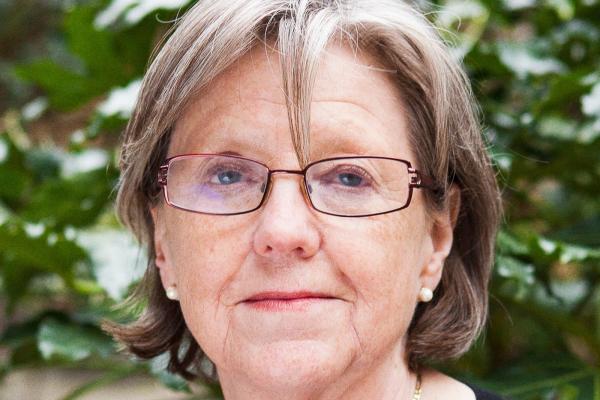Biodiversity loss
This month, Horizon explores the global challenge of biodiversity loss. Many experts believe we are in the midst of a sixth mass extinction, where human-caused factors such as land use and pollution are causing a decline in biodiversity – something that threatens the future of our own species. We speak to British ecologist Professor Georgina Mace about how bad the situation is and what we can do about it. We explore marine ecosystems, where species relocation outpaces that of terrestrial populations, and examine how we can help these environments adapt, as well as finding out what’s in store for bees – our pollinators. Finally, we investigate the services nature provides for people – from cleaning our water to acting as a carbon sink – and ask whether putting a value on natural capital could help save it.
Activities such as laying gas pipelines, trawling for fish, drilling for oil, and even burying internet cables in the deep sea, are destroying marine ecosystems. But studies have shown that reintroducing seaweed and corals to these habitats could ward off the worst effects – and recover marine life.
Nature provides people with everything from food and water to timber, textiles, medicinal resources and pollination of crops. Now, a new approach aims to measure exactly what a specific ecosystem supplies in order to incentivise decision-makers and businesses to help combat biodiversity loss.
Ecosystems that contain only a few bee species underperform in terms of plant production whereas those with many different species thrive, according to research which highlights the importance of bee diversity to securing the world’s food supply.
Alarming declines in the number of insects, vertebrates and plant species around the world have raised fears that we are in the midst of a sixth major extinction that could cause a collapse of the natural ecosystems we rely upon to survive.
Bi-weekly news alert
The best Horizon stories, delivered to your inbox
Subscribe now





